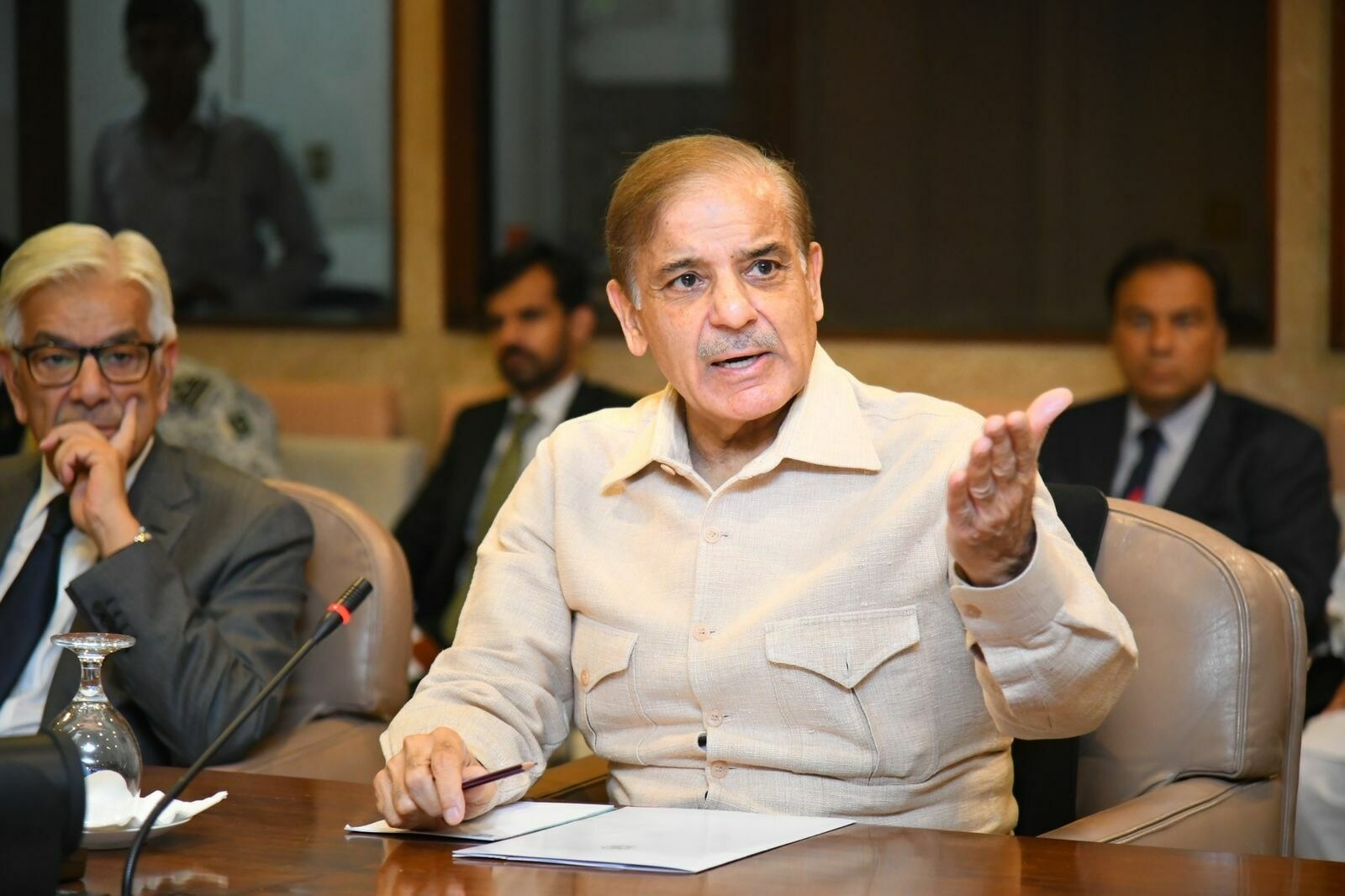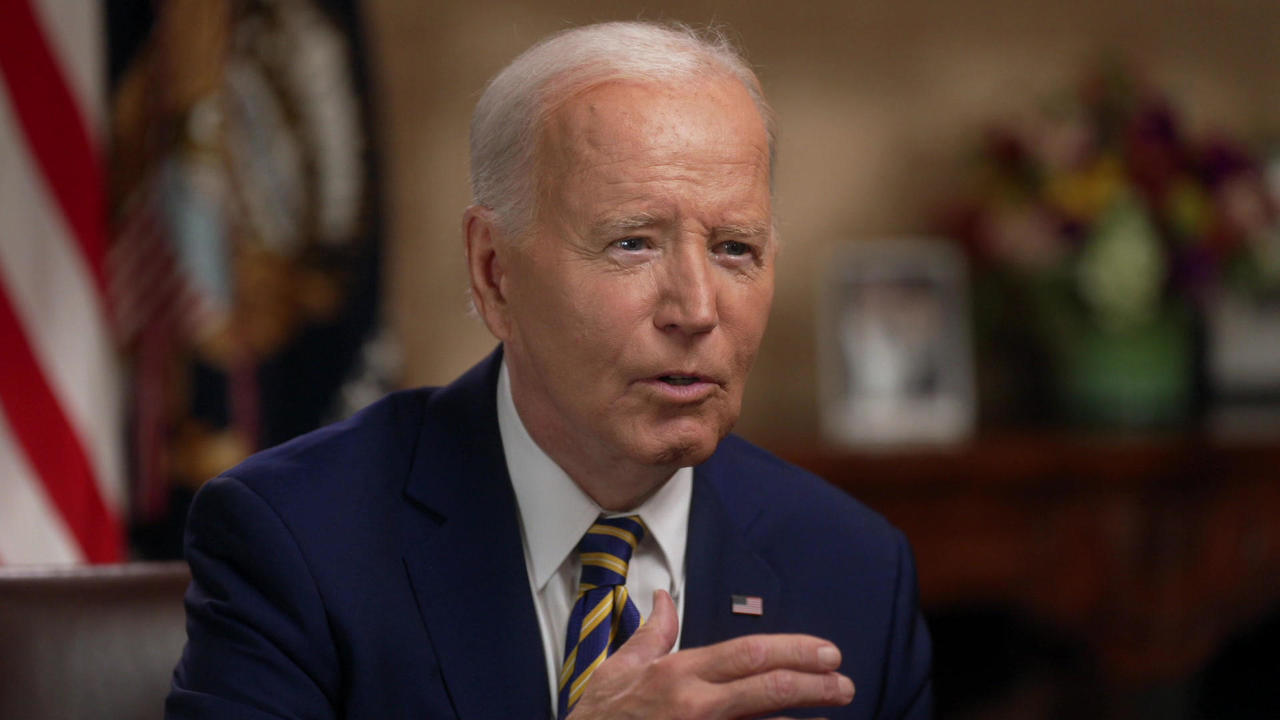PTBP Web Desk
In a historic turn of events, Hamas freed the last living Israeli hostages from Gaza on Monday under a ceasefire deal that brought an end to the two-year-long Gaza War. The truce, mediated by the United States, Egypt, Qatar, and Turkey, also saw Israel release nearly 2,000 Palestinian prisoners and detainees.
The development prompted celebrations and tears of relief on both sides of the border, even as complex political and humanitarian challenges loom over the fragile peace.
Speaking before the Israeli Knesset, U.S. President Donald Trump declared the conflict officially over.
“The skies are calm, the guns are silent, the sirens are still, and the sun rises on a Holy Land that is finally at peace,” he said.
Trump described the agreement as the end of a “long nightmare” for both Israelis and Palestinians. He emphasized that the United States had worked tirelessly alongside regional partners to mediate a settlement that would bring lasting stability.
According to the Israeli military, all 20 surviving hostages taken during the October 7, 2023 Hamas-led attacks were released and transferred through the Red Cross. The announcement sparked jubilation in Tel Aviv’s “Hostage Square,” where thousands had gathered to await news of their loved ones.
In Gaza, emotional scenes unfolded at Nasser Hospital in Khan Younis, as buses carrying freed Palestinian detainees arrived. Many of those released were reunited with families after years in detention. Crowds waved Palestinian flags and chanted for freedom, while some displayed photos of relatives still missing.
“I am happy for our sons who are being freed, but our hearts still ache for the thousands killed and the destruction of Gaza,” said Um Ahmed, a Gaza resident, her voice breaking with emotion.
Israel confirmed the release of 1,700 detainees captured in Gaza and 250 prisoners serving sentences for security-related offenses.
Hours after the ceasefire took effect, President Trump flew to Egypt’s Sharm el-Sheikh resort, where he and President Abdel Fattah al-Sisi convened over 20 world leaders to discuss Gaza’s future.
The summit’s focus included governance, security, and reconstruction of the war-ravaged enclave. Trump, joined by the leaders of Qatar and Turkey, signed a joint declaration committing to work collectively “to implement and sustain this legacy.”
“Now the rebuilding begins,” Trump said, calling the Gaza agreement potentially “the greatest deal of them all.”
While Israel and Hamas were not represented at the summit, Palestinian Authority President Mahmoud Abbas attended and urged an expanded role for the Authority in Gaza’s administration — an idea Israel has resisted.
The Gaza conflict, which erupted following the October 2023 attacks that killed 1,200 Israelis, left more than 68,000 Palestinians dead, according to Gaza health authorities. Much of Gaza lies in ruins, with hundreds of thousands displaced and facing acute food and fuel shortages.
U.N. aid chief Tom Fletcher stressed the urgency of delivering humanitarian relief:
“We must get shelter and fuel to those who need it most and massively scale up food and medical supplies.”
While the ceasefire marks a major milestone, obstacles to lasting peace remain formidable. Central issues include the recovery of remains of 26 Israeli hostages believed dead, the governance of Gaza, and the future role of Hamas, which has refused to disarm.
Hamas fighters, attempting to reassert control after Israel’s withdrawal, reportedly killed 32 members of a rival group in Gaza City during a security crackdown.
Meanwhile, tensions persist in the West Bank, where Israeli settlements continue to expand, heightening Palestinian frustration and undermining prospects for a viable two-state solution.
The Gaza War reshaped the Middle East, spilling into multiple regional conflicts. Israel’s recent 12-day war with Iran and strikes against Hezbollah in Lebanon and the Houthis in Yemen widened instability across the region.
President Trump, however, presented the end of the Gaza War as a turning point for regional diplomacy. He expressed optimism that more Arab nations would join the Abraham Accords, and even hinted at a possible peace agreement between Israel and Iran.
“Wouldn’t it be nice?” Trump remarked before the Knesset, suggesting Iran may be open to dialogue after the devastating regional toll of the war.
Back in Israel, emotional scenes continued to unfold as freed hostages reunited with families. Video footage captured relatives breaking down in tears as they received phone calls confirming their loved ones were alive.
“I am full of happiness. I didn’t sleep all night,” said Viki Cohen, mother of hostage Nimrod Cohen, as she traveled to meet her son at the Reim military base.
Released hostages waved Israeli flags and made heart signs to cheering crowds, symbolizing hope after two years of fear and uncertainty.
Across the border, Palestinians embraced returning prisoners, flashing V-for-Victory signs from bus windows as armed Hamas fighters stood guard — a reminder that while peace may have arrived, mistrust and fragility remain.




